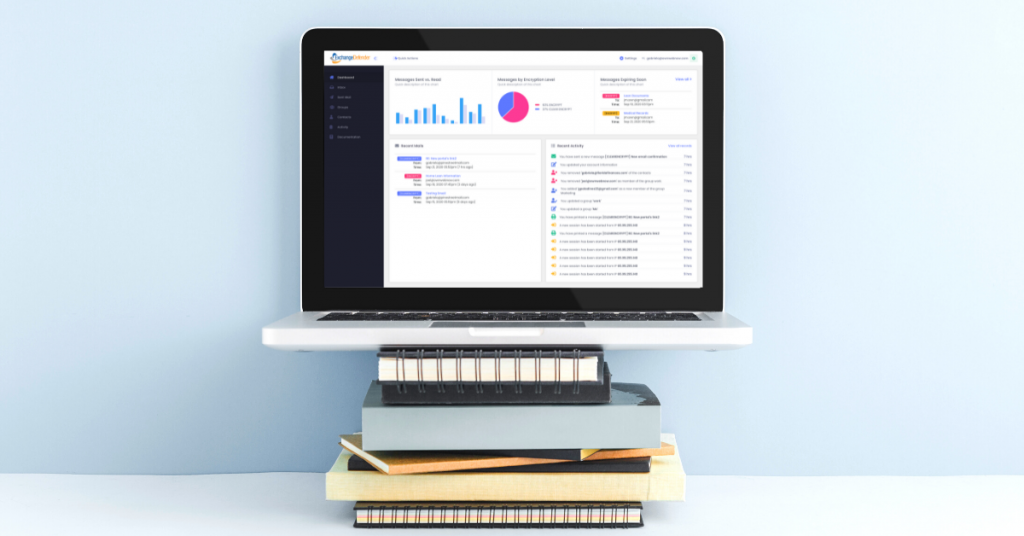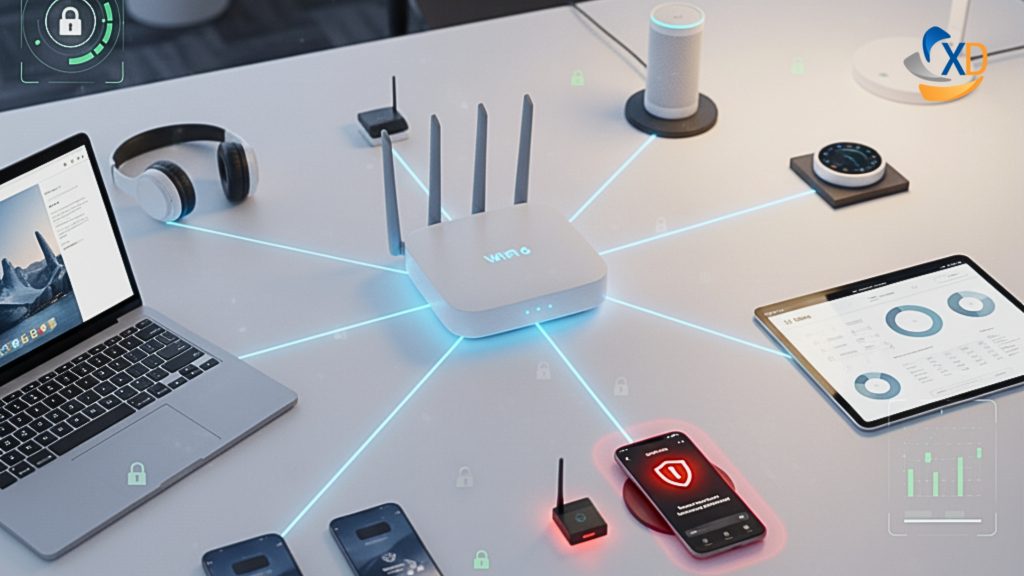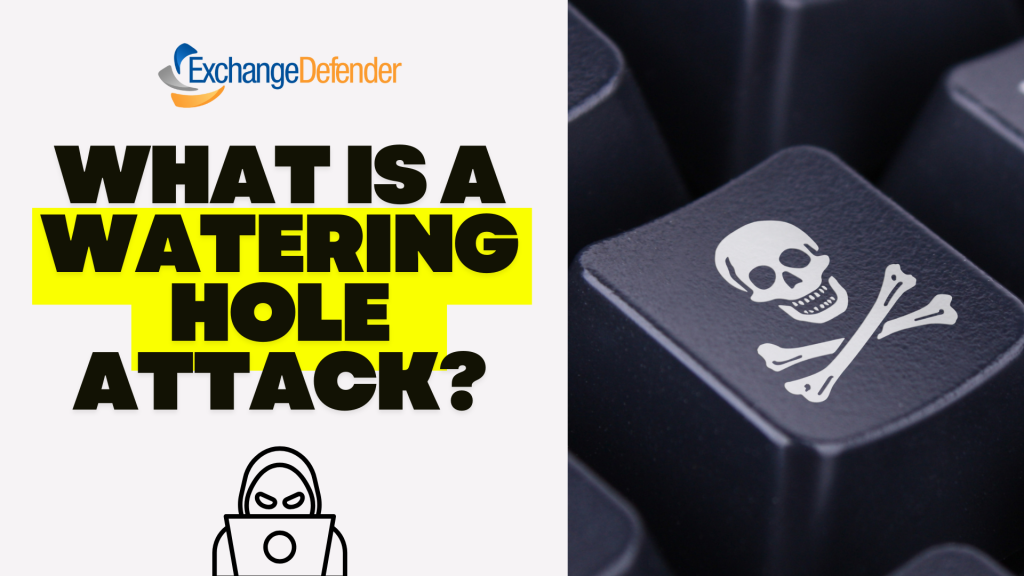Education sector big target for hackers, lacks data security

Data encryption used to be optional, but not anymore. In the past, when we referred to encryption, we thought of hi-tech industries with high profile secrets. Encryption is the digital process of taking regular text, like your email or sms messages, and creating an unreadable “code” to protect the plain text. This proven method ensures the confidentiality of the original text. Now, your local small business, and local educational institutions require added security to protect their data from being hacked.
Education industry is a prime target for hackers
Surprised? We’re not. The education industry consists of services from pre-kindergarten all the way to post-secondary institutions. It comprises of organizations that provide lessons and training on a wide array of subjects. These institutions, (both private and public) include K-12 schools, colleges and universities, and job training centers. Can you imagine the large volumes of sensitive data that the education industry holds? Every one you know, including yourself has received some form of education, and therefore have submitted personal information that can be stolen by hackers. The most common forms of information students and staff must submit include: DOB, social security number, home addresses, medical records, and more!
Current struggles that schools face
The biggest challenge that institutions face today is the ability to protect students and staff information. The sheer volume of data that a single school incurs in a single academic year is astronomical. Right now, the industry is lacking the security tools needed to store, and manage sensitive information.
The education sector is finding it hard to comply with the biggest data security mandates, FERPA, and HITECH. FERPA or (Family Educational Rights and Privacy Act) is a federal law that gives parents the right to access their children’s education records. HITECH is The Health Information Technology for Economic and Clinical Health Act, which has to do with the use of electronic health records. This mandate protects educational institutions from penalties from lost or stolen data if they can prove that their data was encrypted prior to a breach.
From an internal perspective, one could assume that the adoption of an institution-wide policy mandating the use of encryption would be difficult, and time-consuming. In the past this may be true, but modern encryption is now cloud-based, and is easy-to-use making a full adoption fast and painless.
The next big challenge is cost. Most schools have a budget for the year that determines what services they can afford. Before, having encryption involved physical disks and hardware making it extremely costly. However, the strongest encryption software products today are available online with no pricey overhead, or storage restrictions.
Big benefits from encryption awaiting Education sector
Every school, and training center should be rushing to use encryption. There are many benefits that could solve Education’s biggest data security challenges. Firstly, encryption enables secure, and compliant communications between educators, students, and parents. It would offer a secure method to share sensitive information, and would provide seamless collaboration.
Second, an encryption software would ensure data privacy. It enables schools to fully comply with current security mandates. Educators can create custom encryption policies that ensure that student data privacy is met by triggering encryption mechanisms automatically.
Using encryption would enable schools to have full visibility of all information being shared, read, forwarded etc. Educators can get instant confirmation alerts when students or parents access encrypted messages. The detailed reporting would satisfy both the FERPA and HITECH directives for educational institutions.




